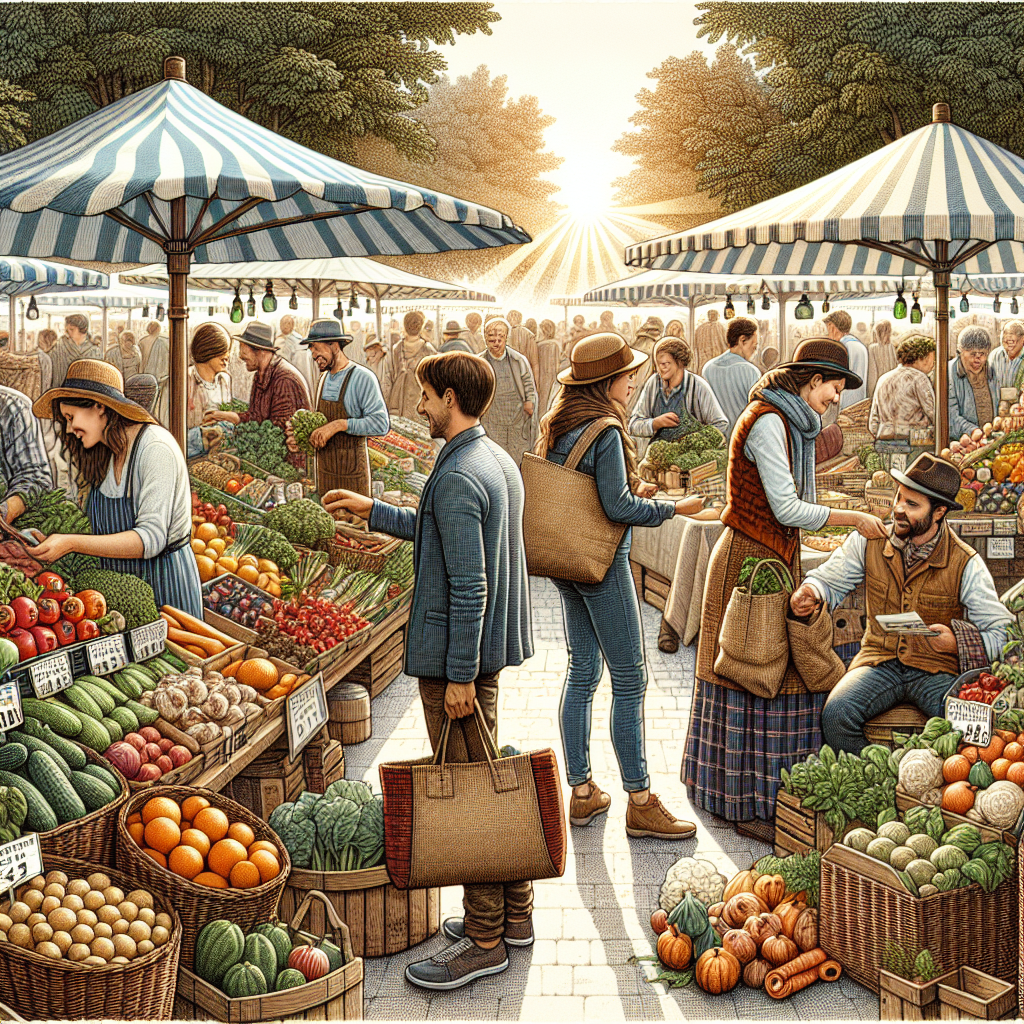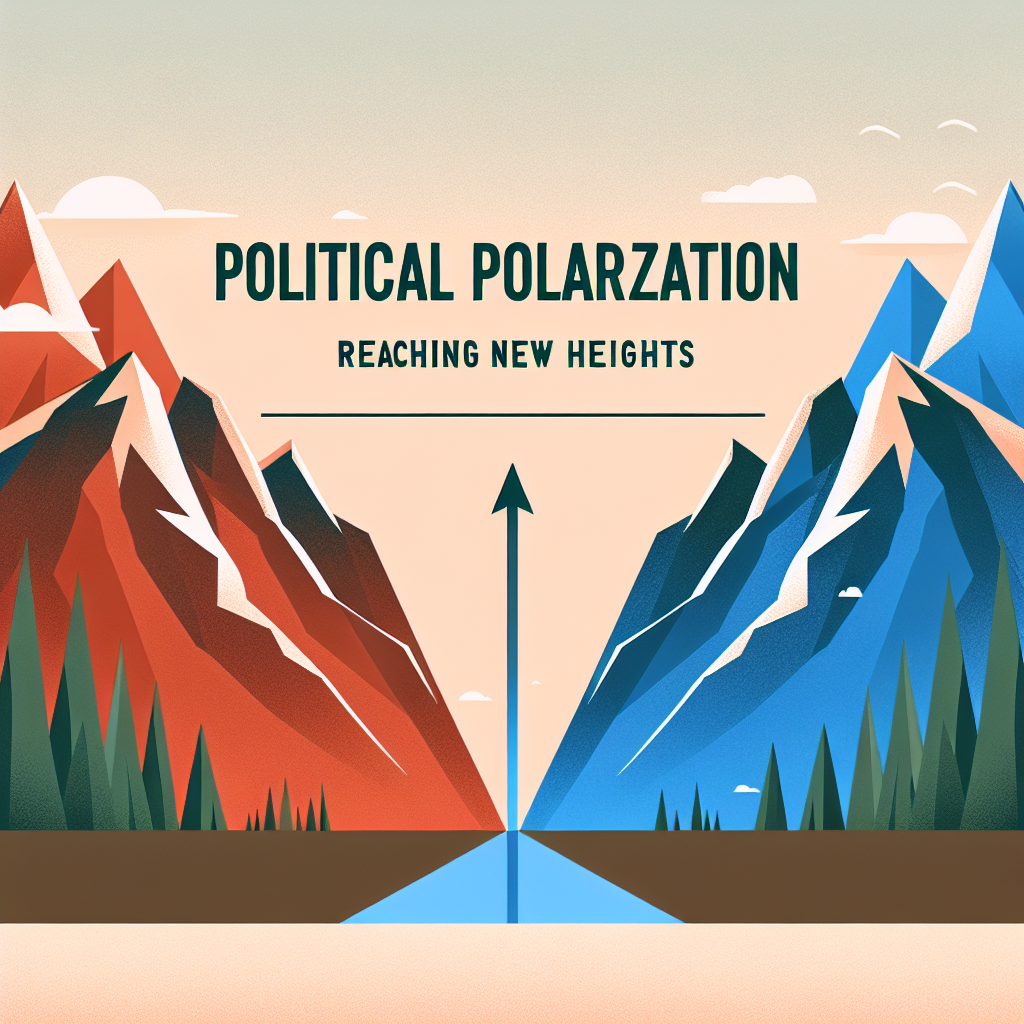The generational divide over multi-faceted issues such as climate change, religious beliefs, and political affiliations has seen a new phenomenon unfold – the politicization of our dining tables. Our choices of food have become reflections of our identities, serving as microcosms that provide insight into the current state of polarized politics.
Firstly, let’s bite into the environmental issue. Through a culinary viewpoint, we can observe how industrial farming practices have led to significant deforestation events globally. It’s not just about science anymore; it is an urgent appeal to align faith with stewardship over creation.
Scientific evidence supports this notion too. Several studies indicate links between diet patterns and carbon footprint production—those leaning towards vegetarian or vegan choices often associated with lesser ecological impacts than meat-intensive diets.

The human impact on both sides of the aisle is significant here. The way people relate their dietary habits to their identity markers like religion or politics is fascinating. There seems to be an underlying statement saying ‘my plate reflects my vote’.
“The deepest lessons come not from clinging to dogmas but sampling variety,” says Reverend John Parker.
Policies responding to this are slowly taking shape around us—the European Union pushing for more sustainable agricultural practices while some US states see protests against health-centric school lunch programs which indirectly promote plant-based options due to their reduced environmental footprint.

When it comes to community action, local farmers’ markets are taking the lead, promoting organic produce and reducing reliance on industrial farming. The industry changes have been profound too. Many major fast food chains have embraced vegetarian options, thus catering to an increasingly conscious consumer base.
“Food is our common ground, a universal experience,” once remarked renowned chef James Beard.
Technological solutions in the form of plant-based meats and cellular agriculture represent remarkable feats of innovation that address both environmental and ethical concerns and hint at potential future scenarios.
The global implications could be staggering. A world where faith and politics intermingle at the dining table could potentially lead to a more understanding society that respects diversity through shared experiences – one meal at a time.

So what can you do? Leverage this tumultuous divide as an opportunity for conversation—a chance to break bread across party lines or religious divides; after all, ‘breaking bread’ represents peace in many cultures around the world.
In Closing:
As we continue monitoring these trends closely throughout this next chapter of societal polarization, consider how impactful our individual choices can be—especially those we place onto our plates daily.

